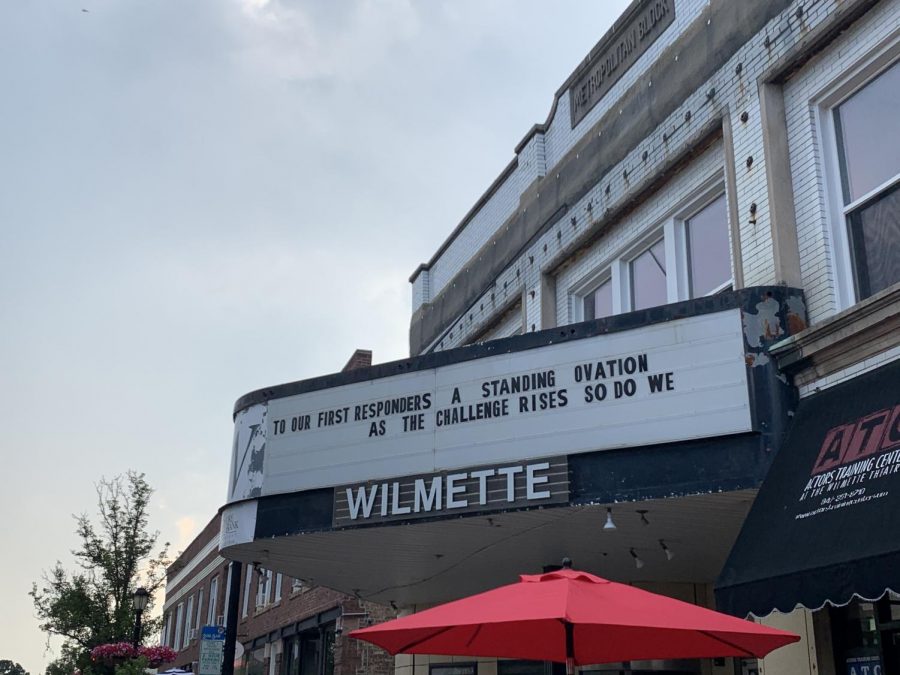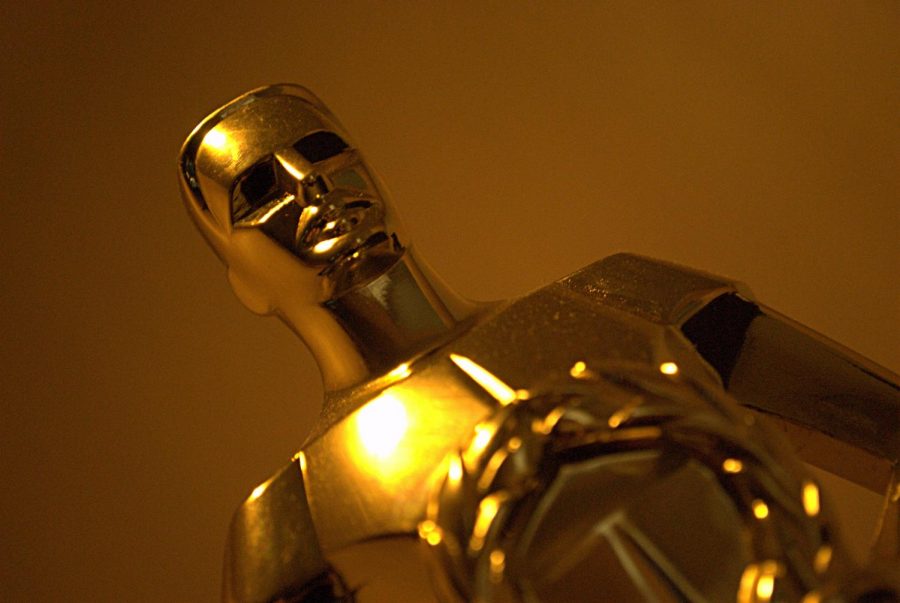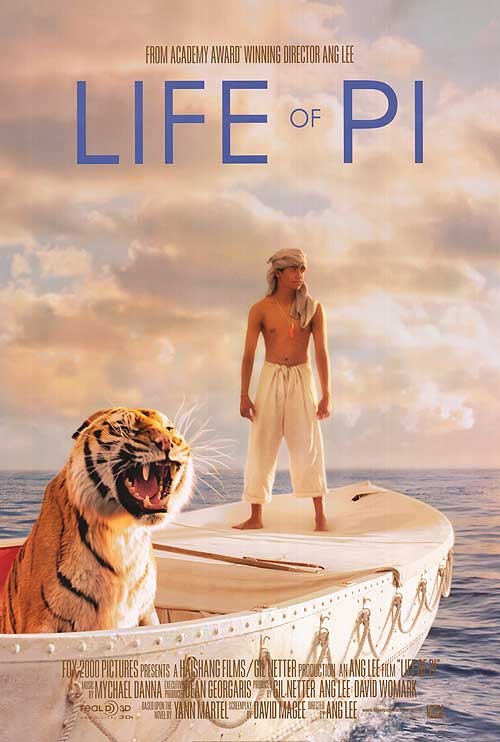 For the first time in about half a decade, the Academy Awards did not outrage me.
For the first time in about half a decade, the Academy Awards did not outrage me.
Well, the awards part at least. I could gripe about how “Zero Dark Thirty,” the best movie of the year, came away with half an Oscar, or how Jennifer Lawrence was maybe the third best actress in her category, not the best, but these things were expected. You can’t expect the Oscars to get everything right; you’d go crazy from all the disappointment.
Since the awards themselves aren’t particularly comment-worthy, let’s talk about the show itself. Namely, the most awkward moment of the entire prolonged evening. It’s probably not what you’re thinking.
It wasn’t Seth MacFarlane, who – as I predicted – pretty much bombed. That’s not exactly fair; he just wasn’t Oscars material. His opening monologue was actually fairly amusing, but it was a strange combination of classy material and crude silliness. After that, he only went downhill (save for his “Sound of Music” joke). His type of button-pressing humor just doesn’t fit with the self-important Academy Awards. It’s safe to say he won’t be back, and I think MacFarlane is totally okay with that.
But no; that wasn’t the awkward moment I’m thinking of.
It wasn’t the post-Oscars anger over the Onion’s profane tweet about nine-year old nominee Quvenzhane Wallis, on which I understand both sides. I understand the satire the publication was going for, but going after the young actress was tricky, and busting out the c-word was like using a bazooka to kill an ant.
It wasn’t Jennifer Lawrence’s trip to the stage to accept her Oscar. Seriously, is there a more Jennifer Lawrence moment in the history of Jennifer Lawrence moments?
And it wasn’t the rare Oscar tie, announced by Mark Wahlberg (in also the most Mark Wahlberg way possible).
No, the most awkward moment of a very awkward evening was the use of the iconic “Jaws” theme to usher the Best Visual Effects winners off the stage. Did you remember this moment? Probably not, but it was the most uncomfortable moment of the night, and its effects are still resonating.
For those who didn’t watch the show, the award for Best Visual Effects went to the crew behind “Life of Pi,” and deservedly so. The movie is gorgeous, and the CGI tiger is more impressive than most of “Avatar.” The winners – Bill Westenhofer, Donald R. Elliott, Erik-Jan De Boer and Guillaume Rocheron – went up to the podium to accept their awards and say their thanks. Everything was going as planned.
The speech, as often happens at awards shows, was going a bit long (not as long as, say, Anne Hathaway’s, but that’s a rant for another time), so the production starting playing the winners off. However, in a twist going with the show’s theme of music in the movies, the music was the legendarily ominous theme from “Jaws.” At the time, it was pretty amusing, especially since it was the first time that night that the score was used for wrapping up speeches.
But then, some unfortunate knowledge came to light.
As it turns out, the music and the mic cut off Westenhofer just as he was about to talk about the current plight of visual effects companies. The company behind the Oscar win, Rhythm & Hues, just filed for bankruptcy. So perhaps using the most ominous sounding score in history wasn’t quite the right way to tell a bunch of guys whose company is sinking to shut up and get off the stage.
The bigger problem is that the playoff was considered a massive disrespect to something that’s quietly becoming a serious issue in Hollywood. Rhythm & Hues isn’t some small visual effects company that found success with “Life of Pi.” It previously won Oscars for “Babe” and “The Golden Compass” and worked on big budget films like the X-Men series and “The Hunger Games.”
During the Oscars, there was also a protest going on a few blocks away about the economic state of Rhythm & Hues and visual effects studios in general.
Obviously, the mic cut-off and the “Jaws” theme were not malicious or planned by the Oscars. It’s just a sad coincidence that points to a bigger problem growing in the industry. Effects people want to get paid.
And, frankly, they should.
With what Hollywood movies are nowadays, it’s almost impossible to think about modern film without special effects. Could you imagine “The Avengers” without special effects? “Life of Pi”? It’d be close to impossible. A new Tumblr page called Before VFX – a site that collects photos of films before the effects were added in – shows you what that world would look like, and it certainly doesn’t look pretty. It’s hard to imagine people coughing up $10 to see these obviously unfinished films.
The fact of the matter is that visual effects people are a crucial part of making a modern film. Even a film like “Zodiac,” which doesn’t feature a single explosion or fantastical universe, used a ton of computer-created imagery.
These people are artists, bringing creativity and imagination to the screen. They earned their Oscars this past weekend. There’s no reason why they shouldn’t have earned Hollywood’s and viewers’ respect.











